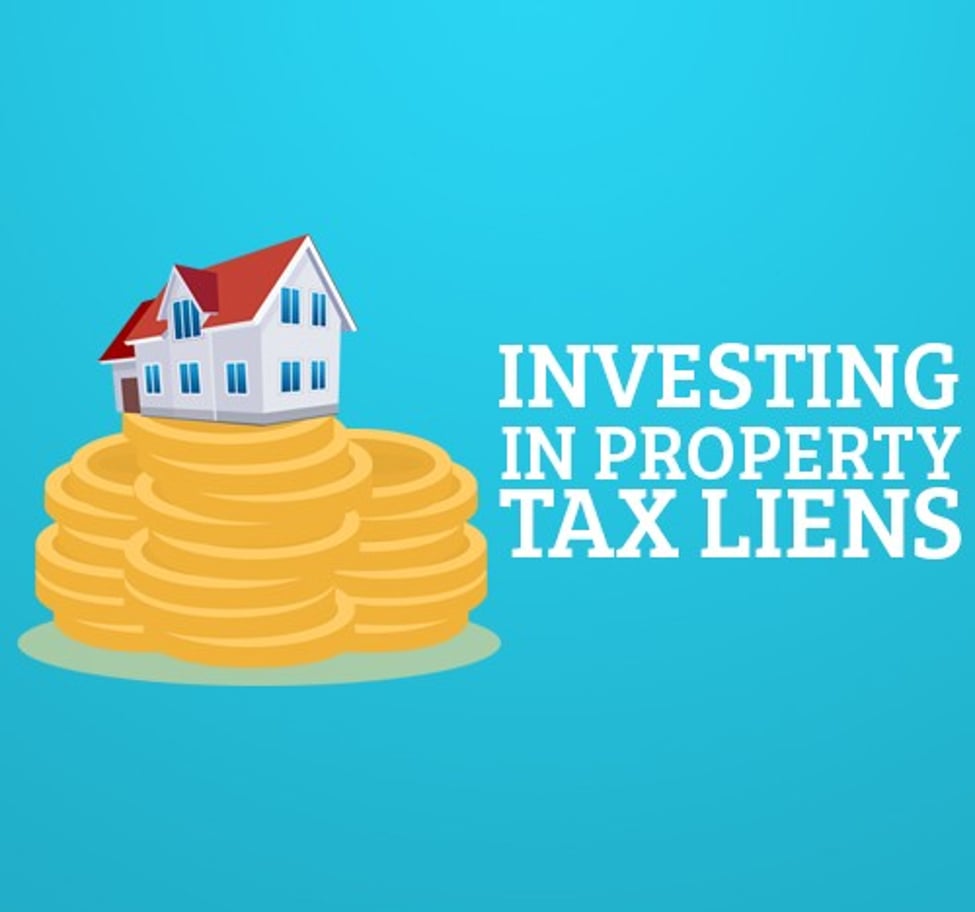For the investment savvy, property tax liens provide a welcome relief to the volatile stock exchanges and historically low-interest rates offered by financial markets. Property tax liens offer an avenue of reasonable and stable returns.
To the novice investor, property tax lien investing should be approached with care as they also carry substantial risk. Anyone venturing into this investment class of assets should strive to understand the rules and potential pitfalls that come with this market.
How you can invest in property tax liens
Tax lien certificates are created by the local municipality. These certificates show the amount of lien that is owed on a property plus any interest and penalties that have accrued up to the date of issue. The certificates are auctioned off to the highest bidder.
Tax lien certificates can be purchased either low or high, running into the thousands of dollars.
Investors who are willing to accept a low-interest rate on a lien certificate or those who pay a high premium on the amount will be awarded the lien.
If you are interested in holding onto a lien you need to take into account, the following:
- Whether the property is residential or commercial
- Whether the land is undeveloped or contains property improvements
Interested people can contact their local municipal office to find out details about lien auctions. They will find rules defining such issues as pre-registration requirements, accepted methods of payment and other pertinent issues.
Making profit from the lien
Investors who purchase the lien certificate are required to immediately pay the lien in full, then notify the property owner that they are the new holders of the lien. The property owner becomes fully indebted to the new lien holder. He must pay the entire amount of the lien, plus any interest.
If the investor paid a premium on the lien, this may be added to the amount that is repaid in some instances. If the property owner cannot pay the lien by the deadline, then the investor has the authority to foreclose on the property just as the municipal would have had done.


